
We leverage insights from research and practice to
understand the relationship between communication and violence. We use this knowledge to build an active peace.

Tools for Meeting the Moment
Globally, authoritarianism has been on the rise, but history teaches there are many ways we can rise to meet this moment. Here is a suite of tools for preventing, defusing, and responding to threats to democracy and peace.
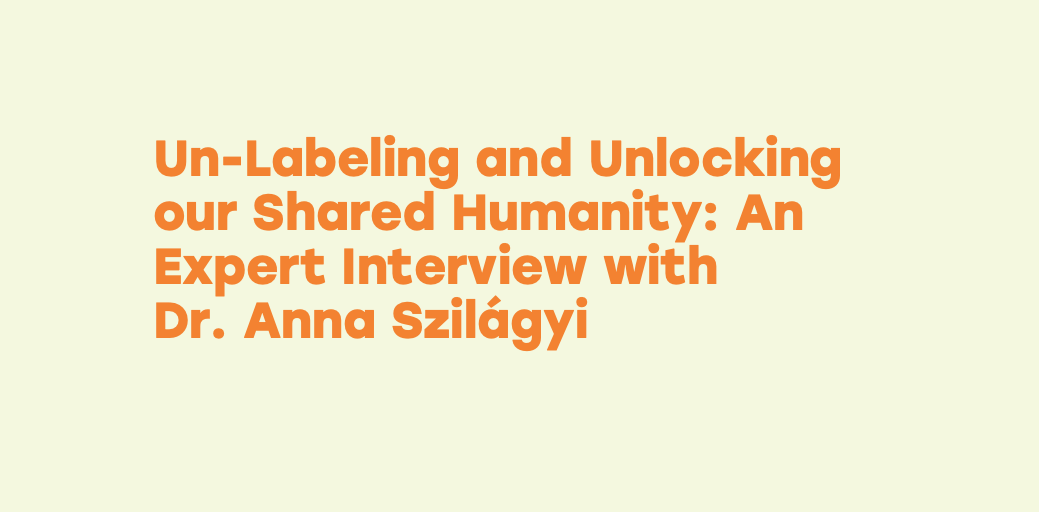
Un-labeling and Unlocking our Shared Humanity: An Expert Interview with Dr. Anna Szilágyi
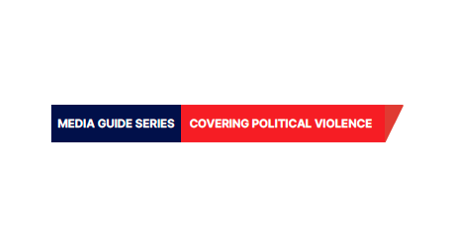
Media Guides: Covering Political Violence
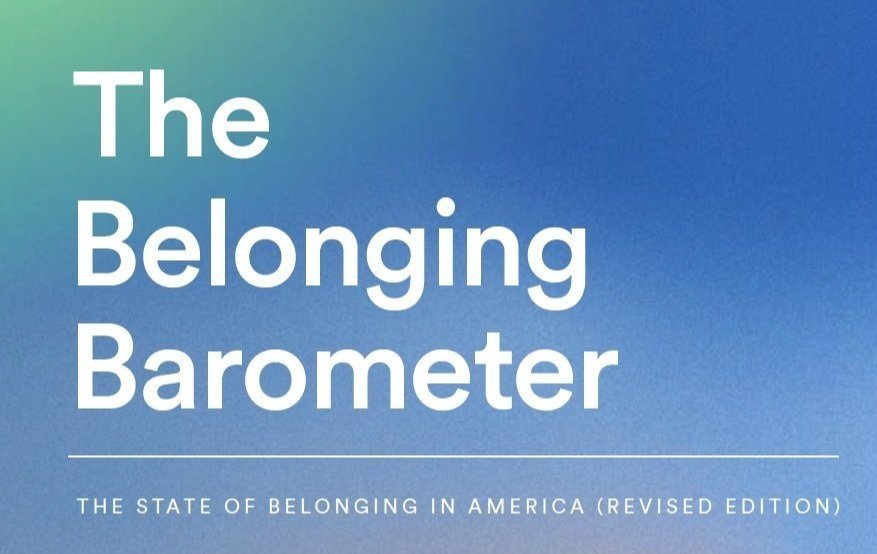
The Belonging Barometer: The State of Belonging in America
The Belonging Barometer report calls attention to belonging as a critical dimension of life that should matter to all stakeholders who seek to improve America’s physical, social, civic, and democratic well-being.
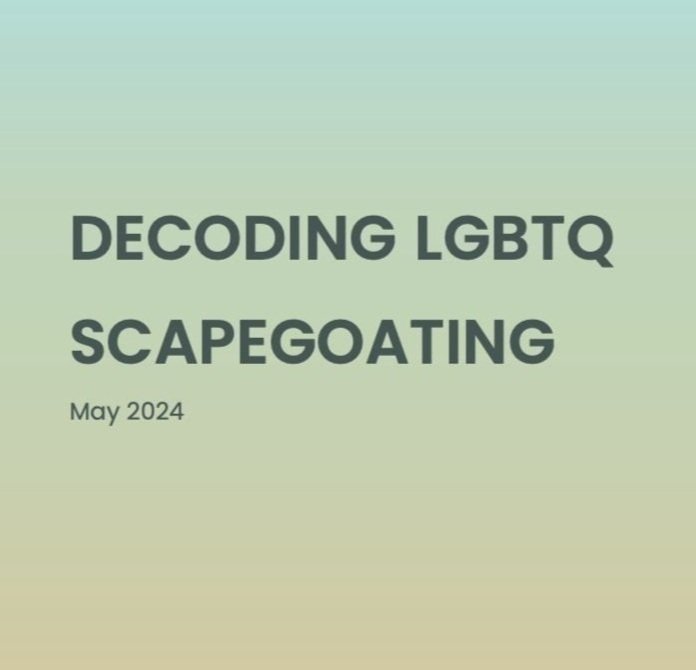
Decoding LGBTQ Scapegoating & Communications Guidance
This report explores the connection between two escalating crises: the systematic targeting of LGBTQ communities and democratic backsliding worldwide.
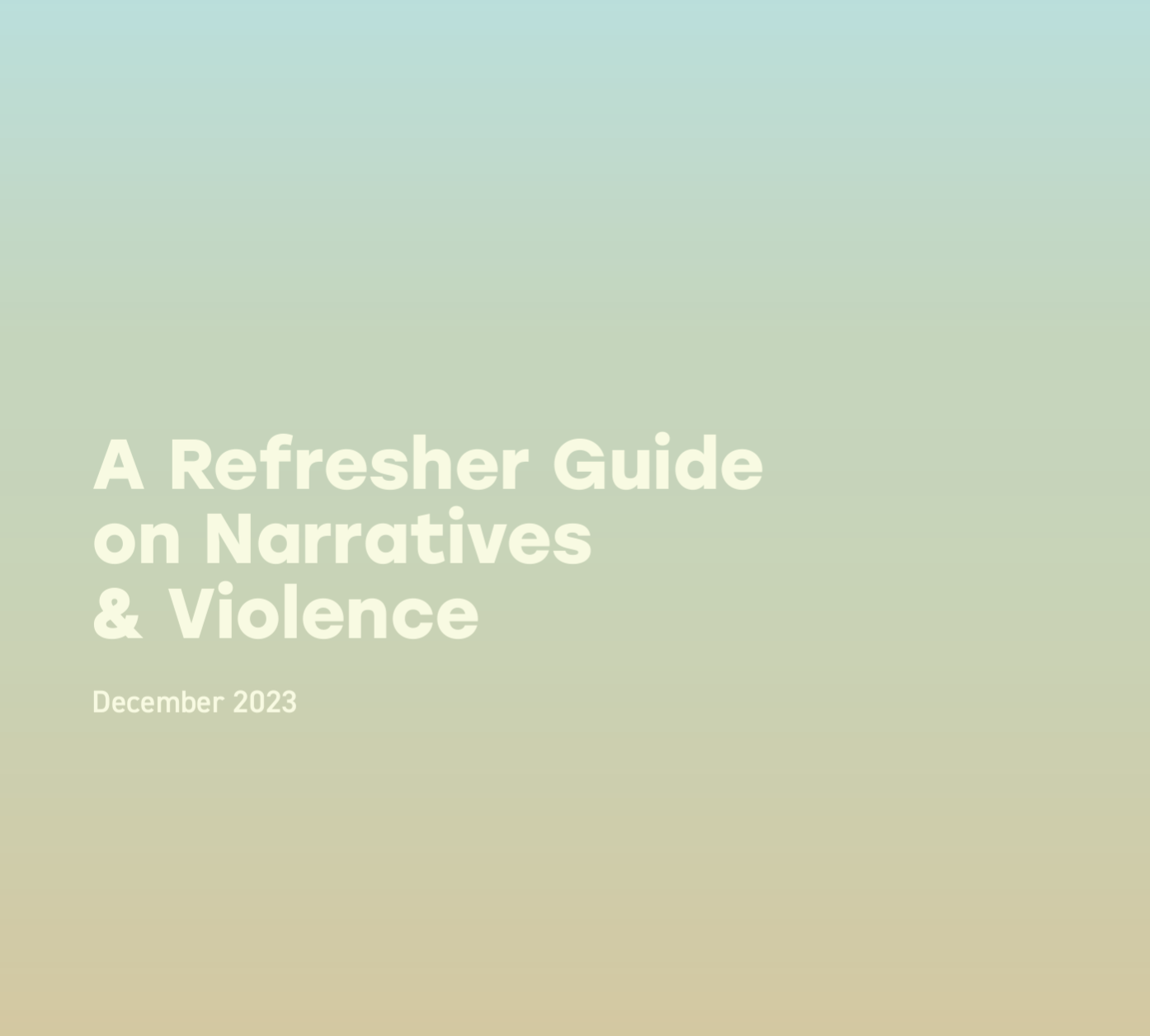
A Refresher on Narratives & Violence
This refresher guide focuses on Over Zero’s core area of expertise: Unpacking the narrative patterns and underlying psychosocial dynamics that precede and occur throughout identity-based violence. We release it in the wake of Hamas’ October 7 attack on Israel and the Israeli government’s ongoing assault on Gaza, and hope that it is a very small contribution in supporting partners who are leading their communities in finding a different way forward.

Sacred Values, Willingness to Sacrifice, and Accountability for the Capitol Insurrection: Exploring How Deeply and Why Americans Hold Their January 6-Related Views
Over Zero, in partnership with New America’s New Models of Policy Change Project and Protect Democracy, present a series of reports exploring how Americans view and assign responsibility for January 6. We found that Americans hold their views on responsibility and accountability for January 6 as sacred values: strong, absolutist views or moral imperatives that are acted on as a duty or obligation rather than a choice. These findings have profound implications for how we communicate around January 6 and develop the shared narrative needed to prevent its recurrence.

Towards Non-Recurrence: Accountability Options for Trump-Era Transgressions
In partnership with Protect Democracy, Laura Livingston co-authored Towards Non-Recurrence: Accountability Options for Trump-Era Transgressions. Borrowing from historical case studies and transitional justice frameworks, this paper explores the various considerations and tradeoffs that should inform whether and how the U.S. pursues accountability for wrongdoing that occurred during the Trump administration.

“Violence-Proofing U.S. Democracy: Immediate Priorities for Philanthropy”
This working paper for philanthropy, written with our partners New America and Thought Partnerships, briefly summarizes current trends that, in light of global experience, suggest heightened risks of violence. Against this worrisome backdrop, we propose six funding strategies and specific recommendations to integrate violence prevention and mitigation into existing strands of work on polarization, institutions, or justice issues.
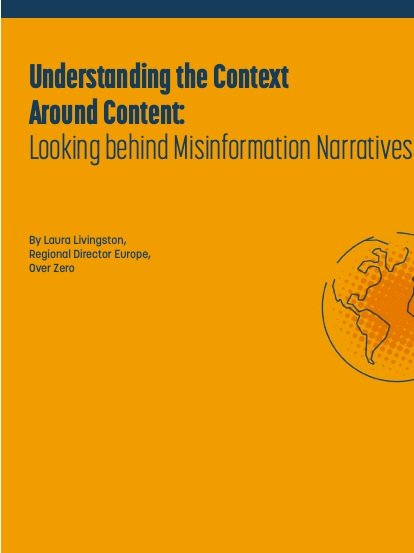
“Understanding the Context Around Content: Looking behind Misinformation Narratives” for the National Endowment for Democracy
In this paper for the National Endowment for Democracy, Laura Livingston highlights the offline, contextual dynamics that contribute to the resonance, spread, and impact of online misinformation, and implications for civil society responses.
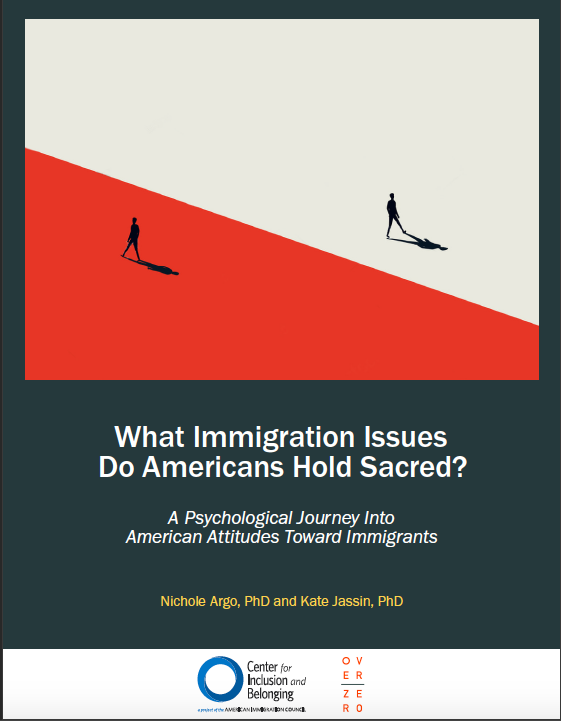
What Immigration Issues Do Americans Hold Sacred? A Psychological Journey Into American Attitudes Toward Immigrants
The report, “What Immigration Issues Do Americans Hold Sacred? A Psychological Journey into Attitudes Towards Immigrants,” digs deeply into how respondents think about immigration issues through the lens of sacred values, threats, norms, and social identity.
This report, co-authored by Nichole Argo PhD and Kate Jassin PhD, was undertaken in partnership with the Center for Inclusion and Belonging at the American Immigration Council.

“Political Violence in 2021: How did we get here? How do we move forward” for PACE
In this guest blog post for Philanthropy for Active Civic Engagement (PACE), Laura Livingston and Rachel Brown provide an overview of the vulnerabilities that brought us to January 6 and urgent priorities for philanthropy in stemming future risks for political violence.
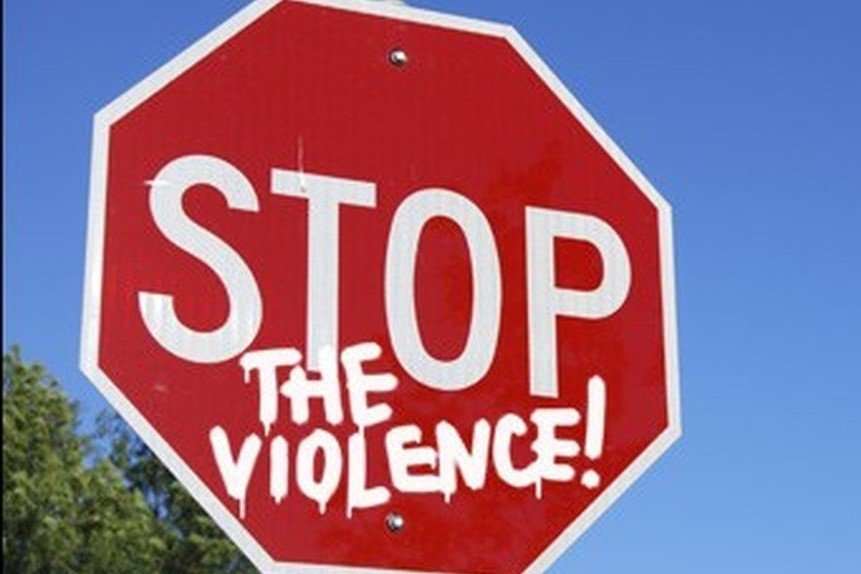
“Affirming democracy and mitigating violence in a time of insurrection” for PACE
In the immediate wake of the January 6th insurrection, Dr. Nichole Argo, Rachel Brown, and Samantha Owens sat down with PACE to discuss what civil society groups and funders can do to mitigate the possibility of political violence in the immediate-term as well as near- and longer-term scenarios.
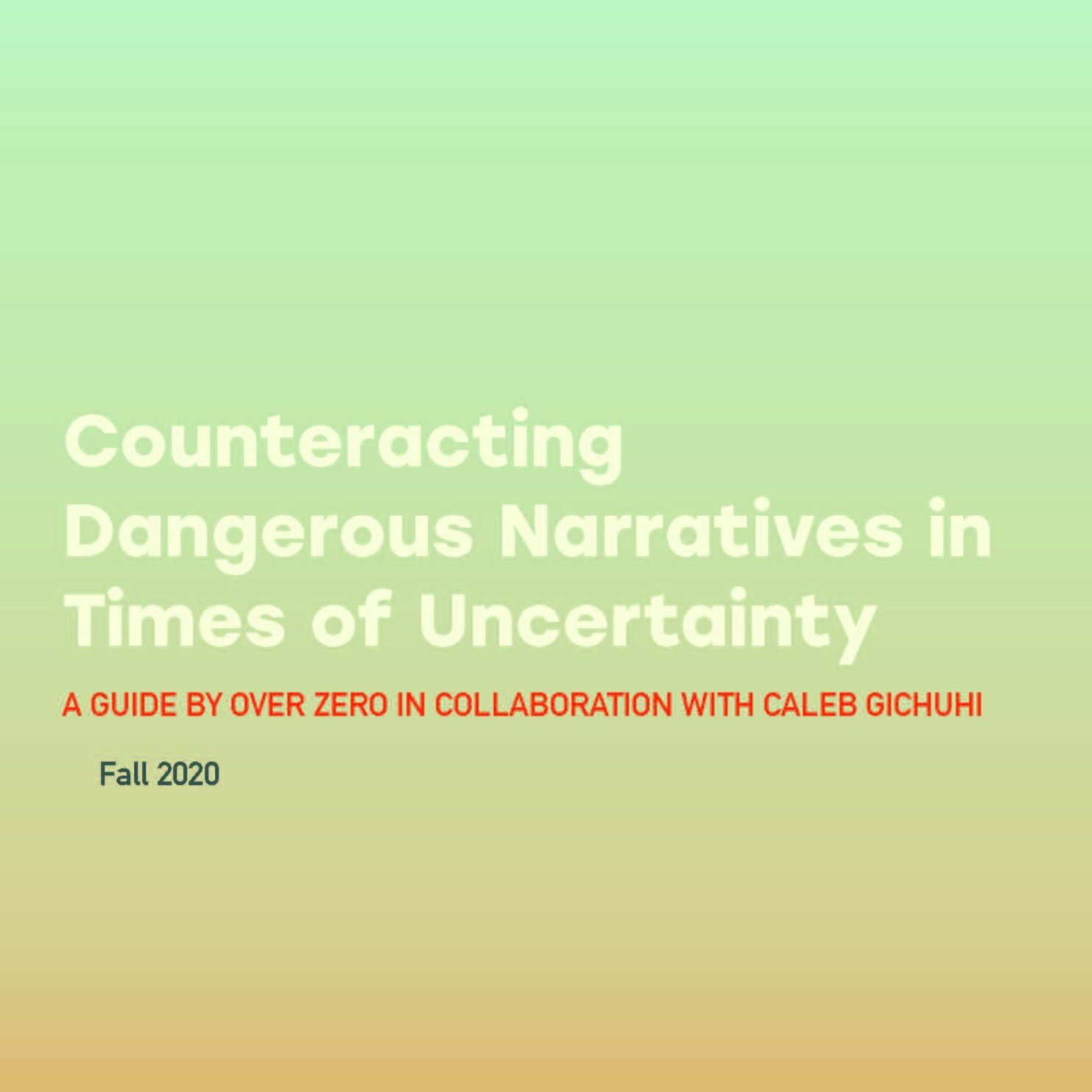
Counteracting Dangerous Narratives in Times of Uncertainty
Following the release of the U.S.-focused “Counteracting Dangerous Narratives in the Time of COVID-19” guide, Over Zero has developed a globally-focused set of resources on counteracting dangerous narratives in times of uncertainty, including the current COVID-19 pandemic.
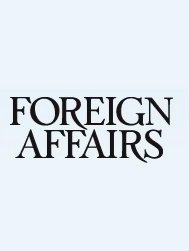
“How the Coronavirus Sows Civil Conflict” for Foreign Affairs
In Foreign Affairs, Rachel Brown, Heather Hurlburt, and Alexandra Stark discuss how the coronavirus pandemic has heightened risks for political violence globally.
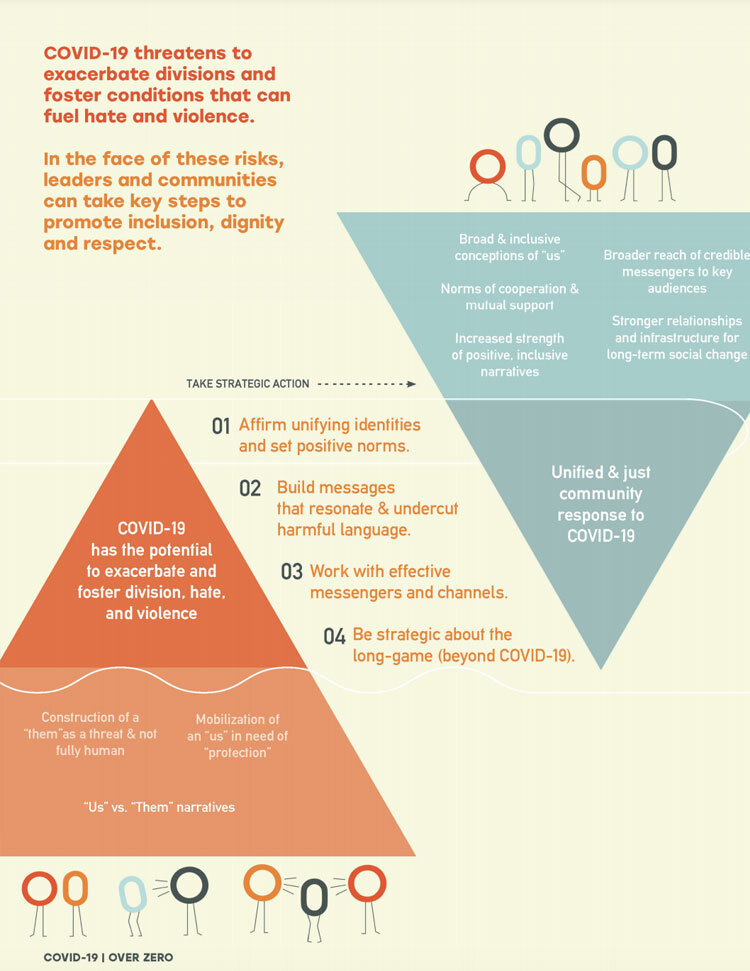
Counteracting Dangerous Narratives in the Time of COVID-19
In the face of COVID-19, the actions of leaders — be they formal, informal, long-standing, or emerging leaders — will shape how we as a society respond to the challenges of this moment.

"Understanding Hungary’s Authoritarian Response to the Pandemic"
In a Lawfare article, Over Zero’s Regional Director, Europe, Laura Livingston, discusses how Hungary’s government has leveraged the coronavirus pandemic and group-targeted rhetoric to further consolidate power.

"The Science of Polarization and Insights for Bridge-building" for PACE
Over Zero’s Director of Research and Field Advancement. Nichole Argo Ben Itzhak writes on the science behind polarization and its implications…
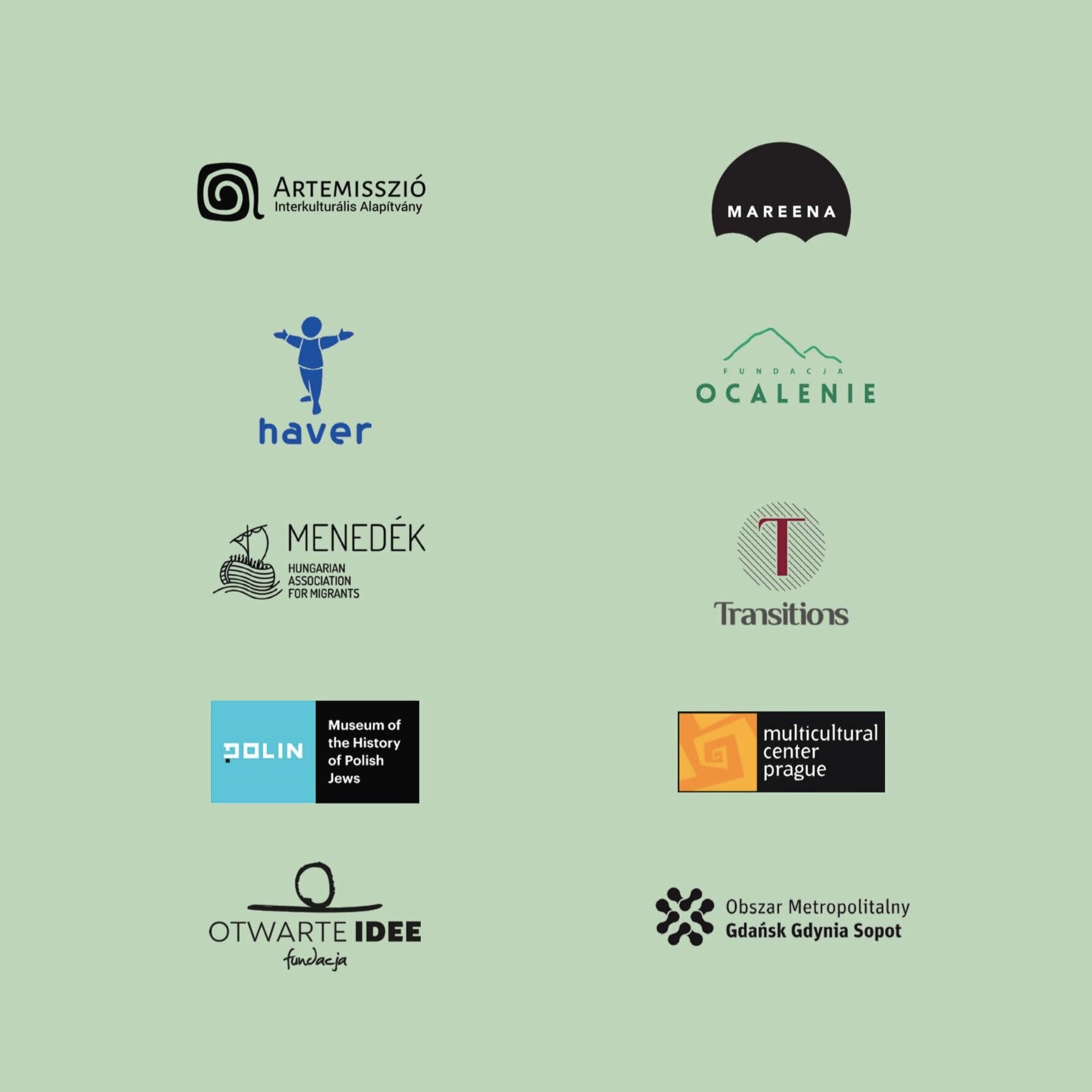
Key Takeaways from Civil Society in the Visegrád Region: Fall 2019 Practitioner Convening
In September 2019, Over Zero convened civil society representatives from the Visegrád four or “V4” working to combat group-targeted rhetoric and violence. This report captures key discussion points and takeaways from the convening
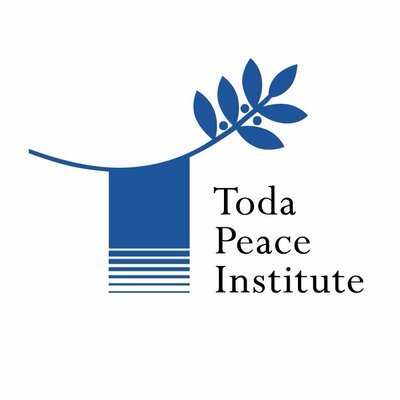
“Counteracting Hate and Dangerous Speech Online: Strategies and Considerations,” published by Toda Peace Institute
In a Toda Peace Institute Policy Brief, Over Zero provides readers with approaches to counteract hateful and dangerous speech online and a deeper understanding of this speech and the factors that enable it to resonate, spread, and drive offline action.

